Assistant Principal's Report
Katrina Spicer - Wellbeing and Inclusion
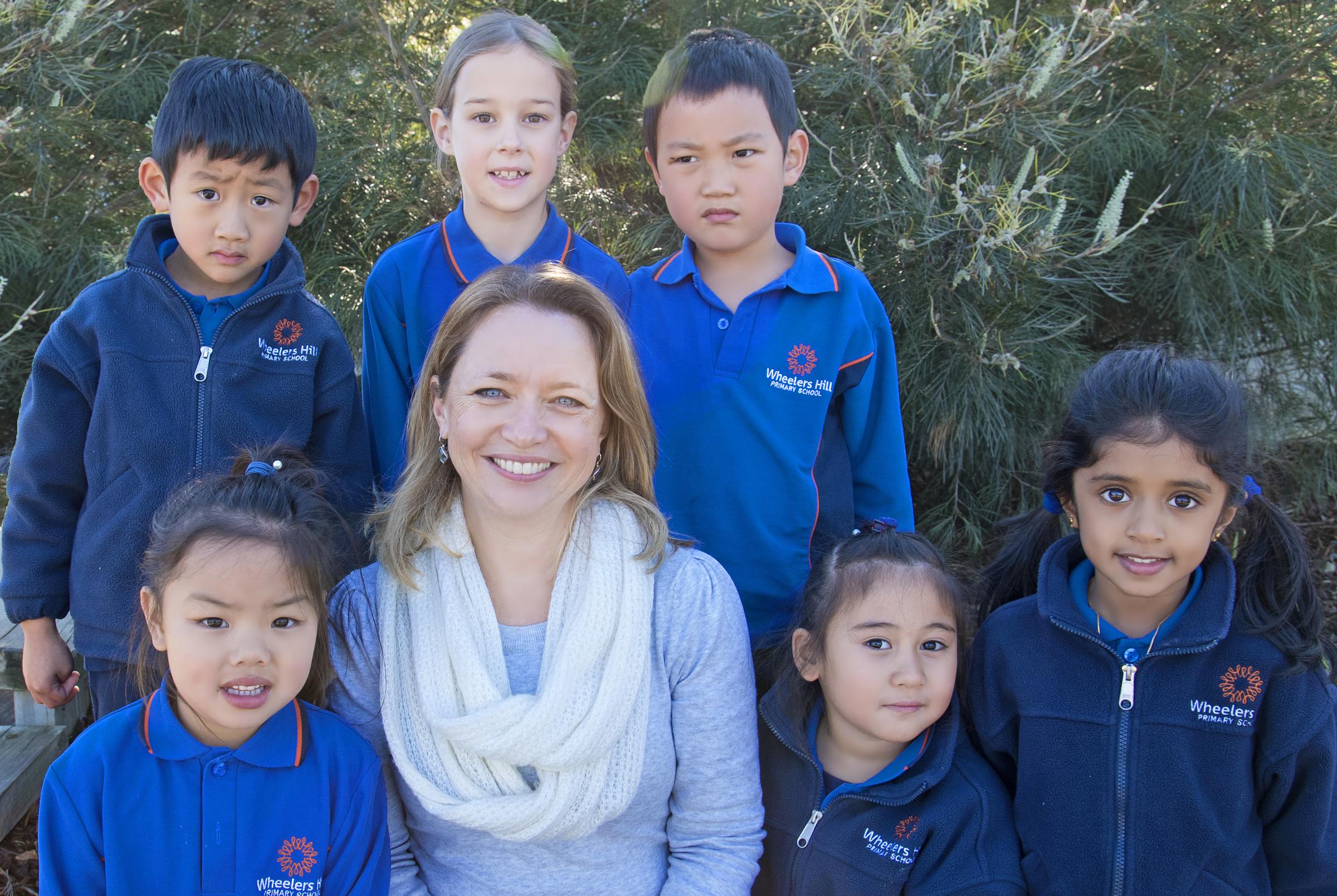
Assistant Principal's Report
Katrina Spicer - Wellbeing and Inclusion
Yesterday, 13th November, was World Kindness Day.
To celebrate this special day, students completed kindness activities in class and every student and staff member wrote an acts of kindness on strips of paper. These strips were turned into links in a chain, and at today's Assembly, we joined all of the chains together to make a huge WHPS kindness chain. We measured the chain and it is a whopping 52 metres long!
Celebrating World Kindness Day created a lovely calm feeling around the school and helped the children to realise all of the kind things that they already do, and also to think about some new acts of kindness that they can do for others.
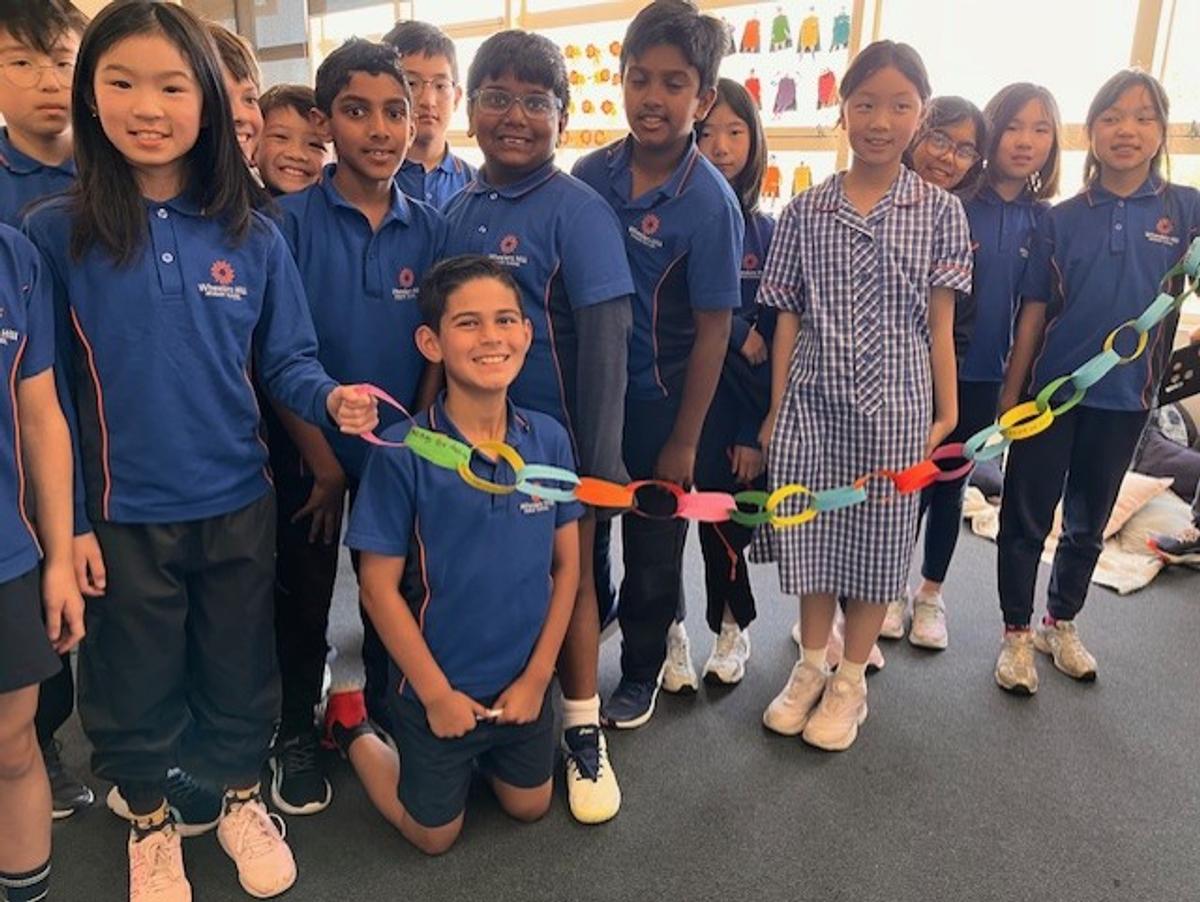
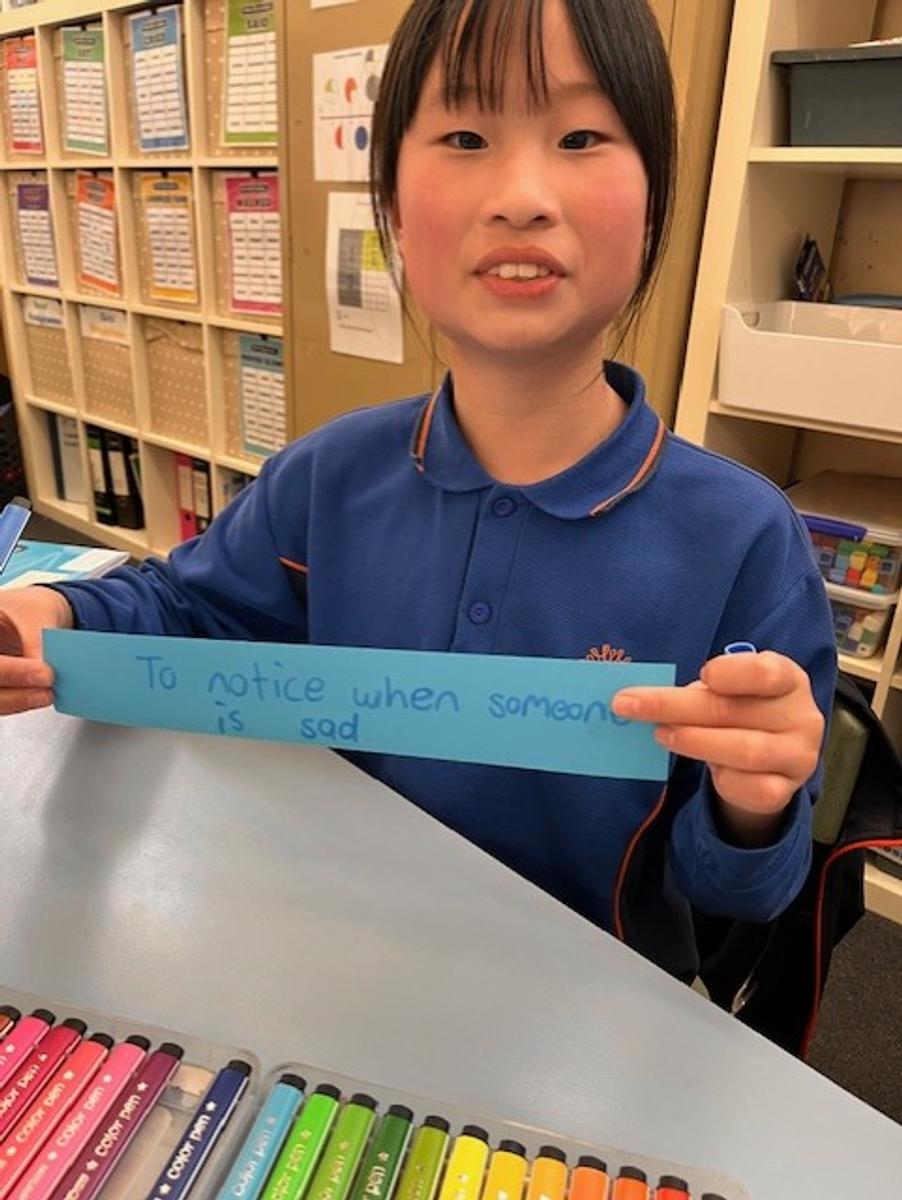
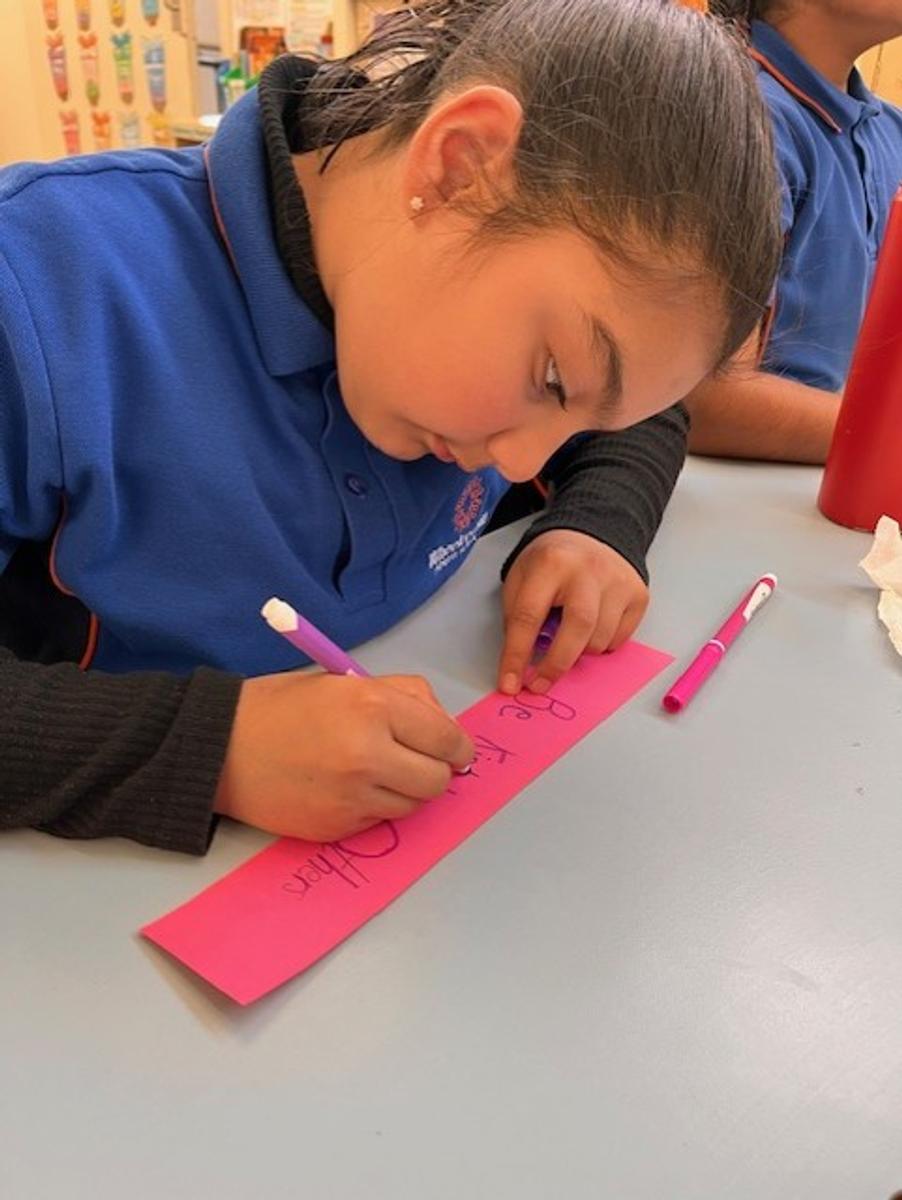
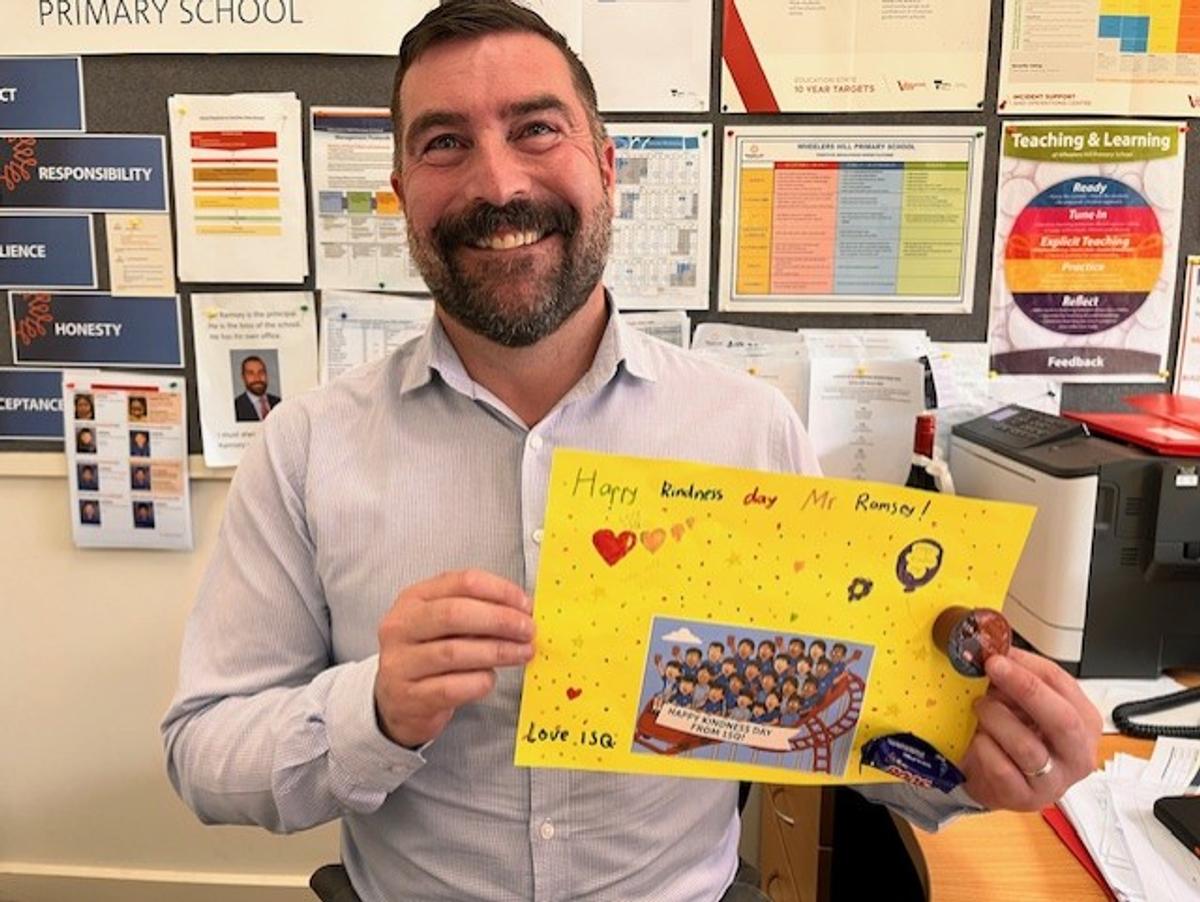
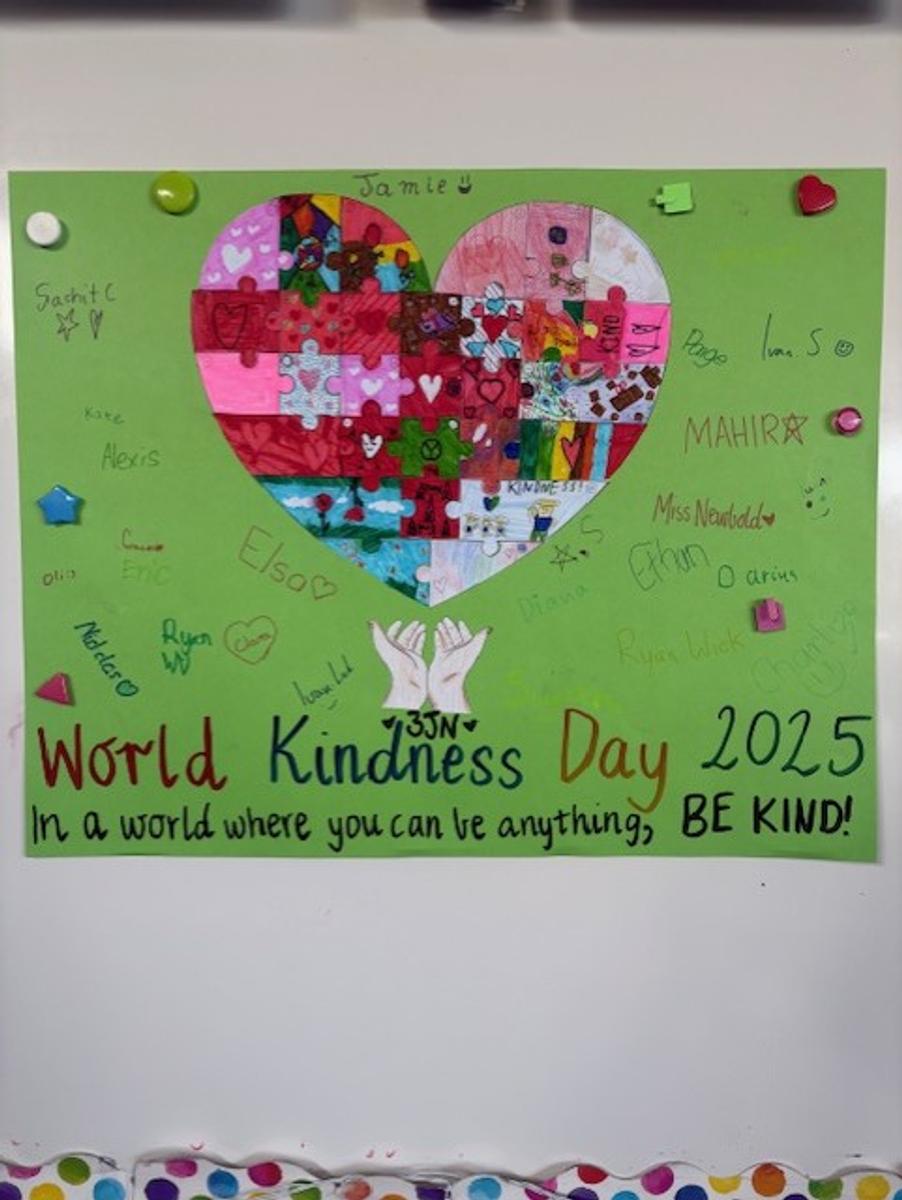





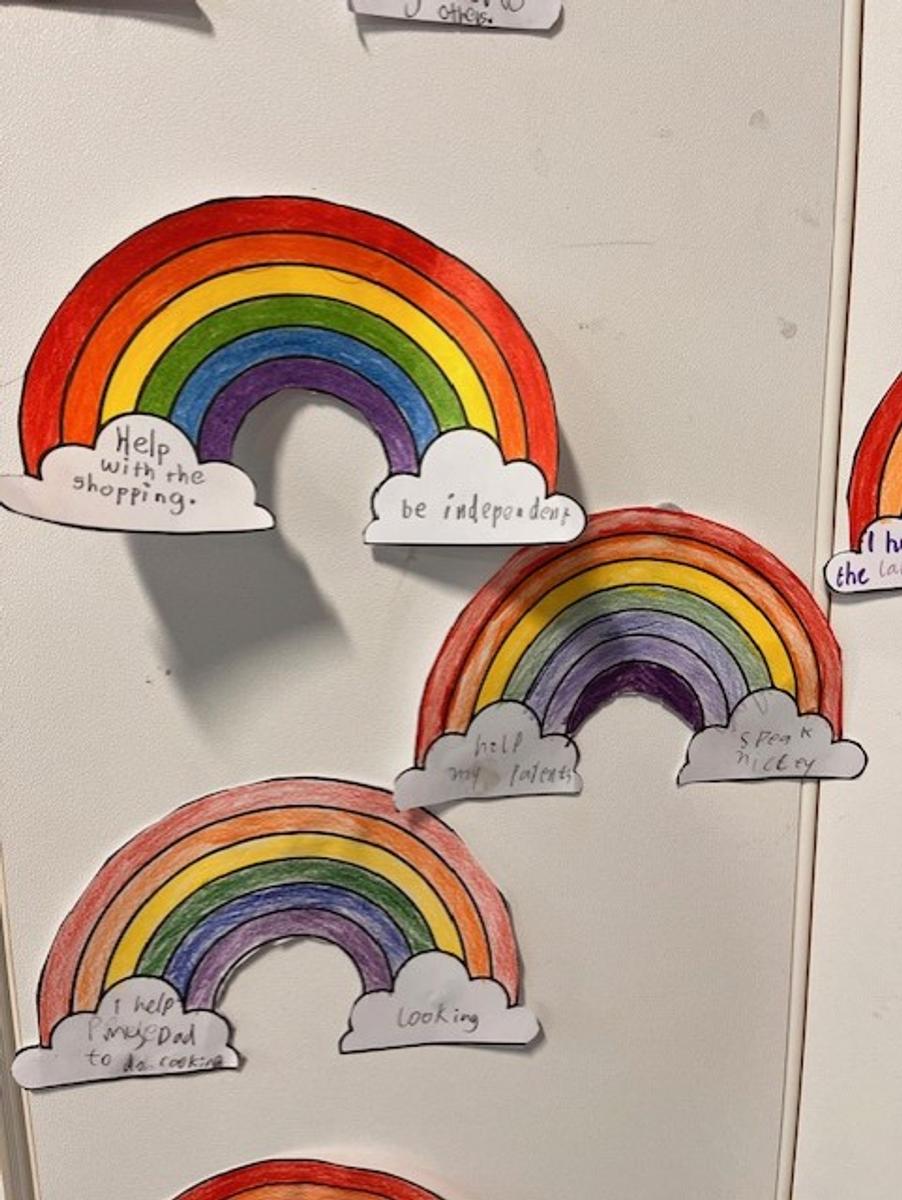
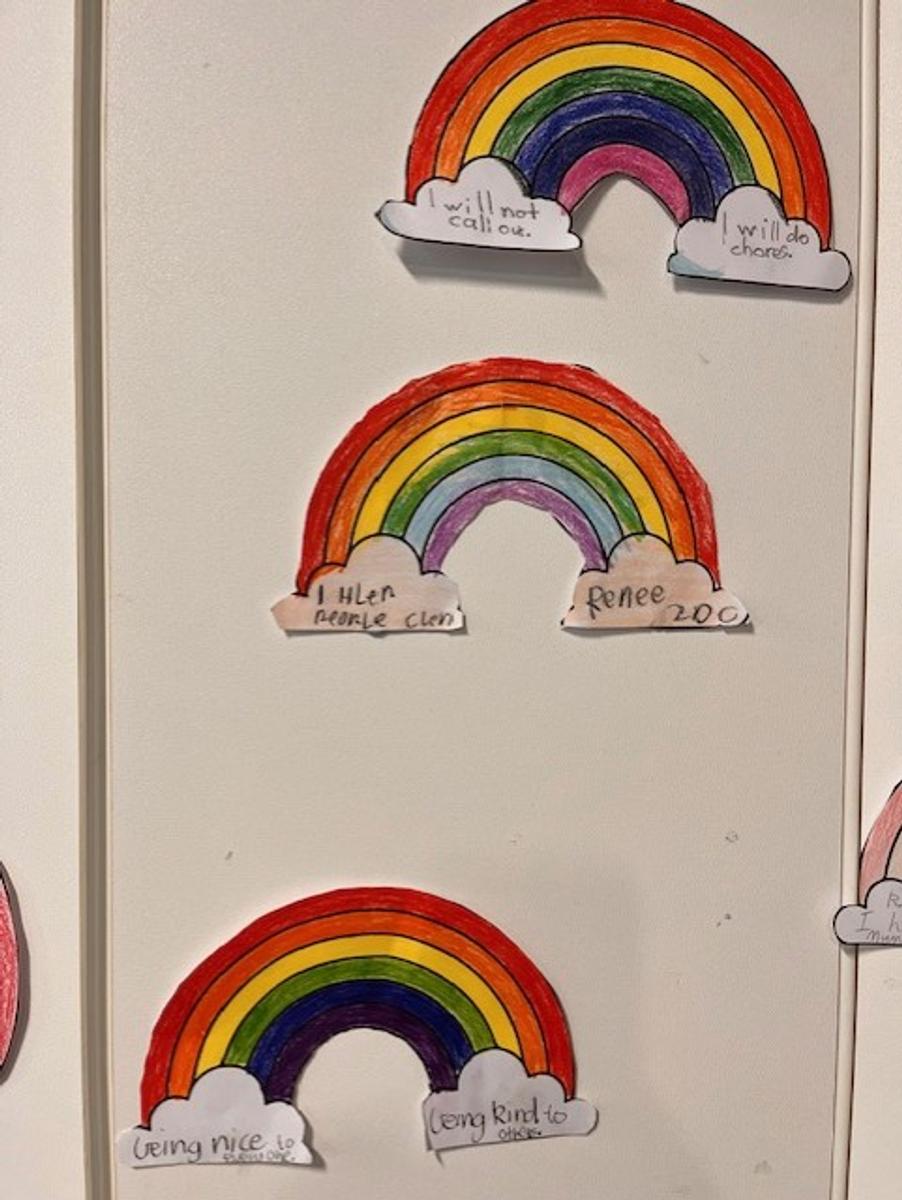
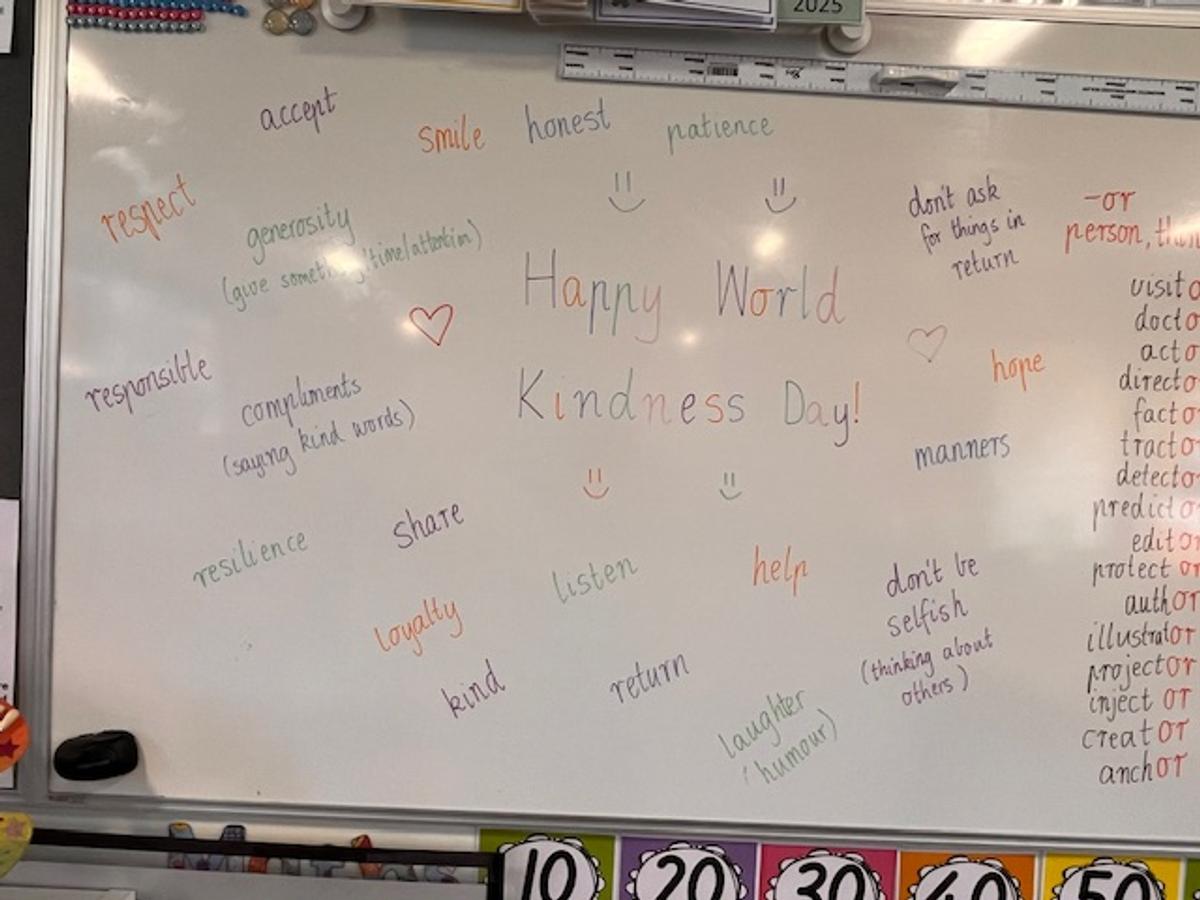
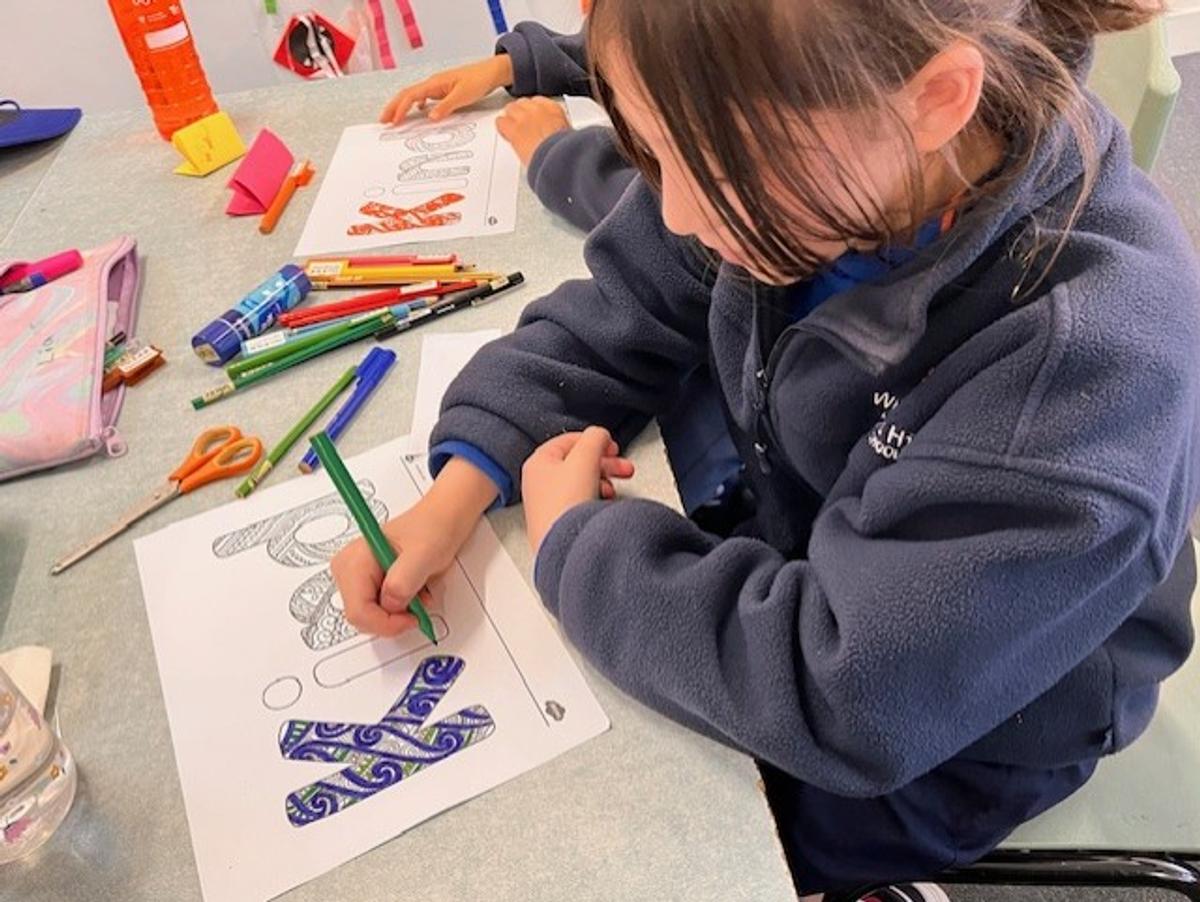
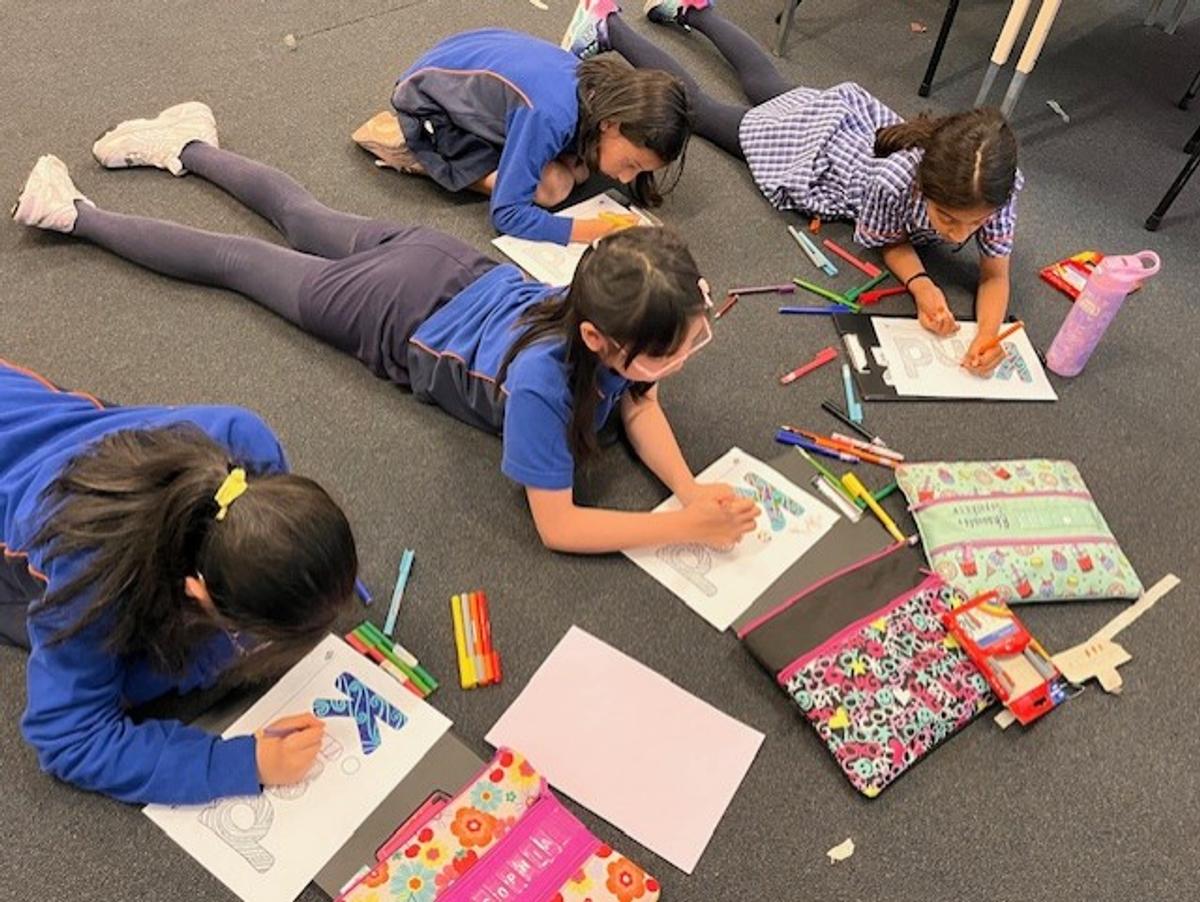





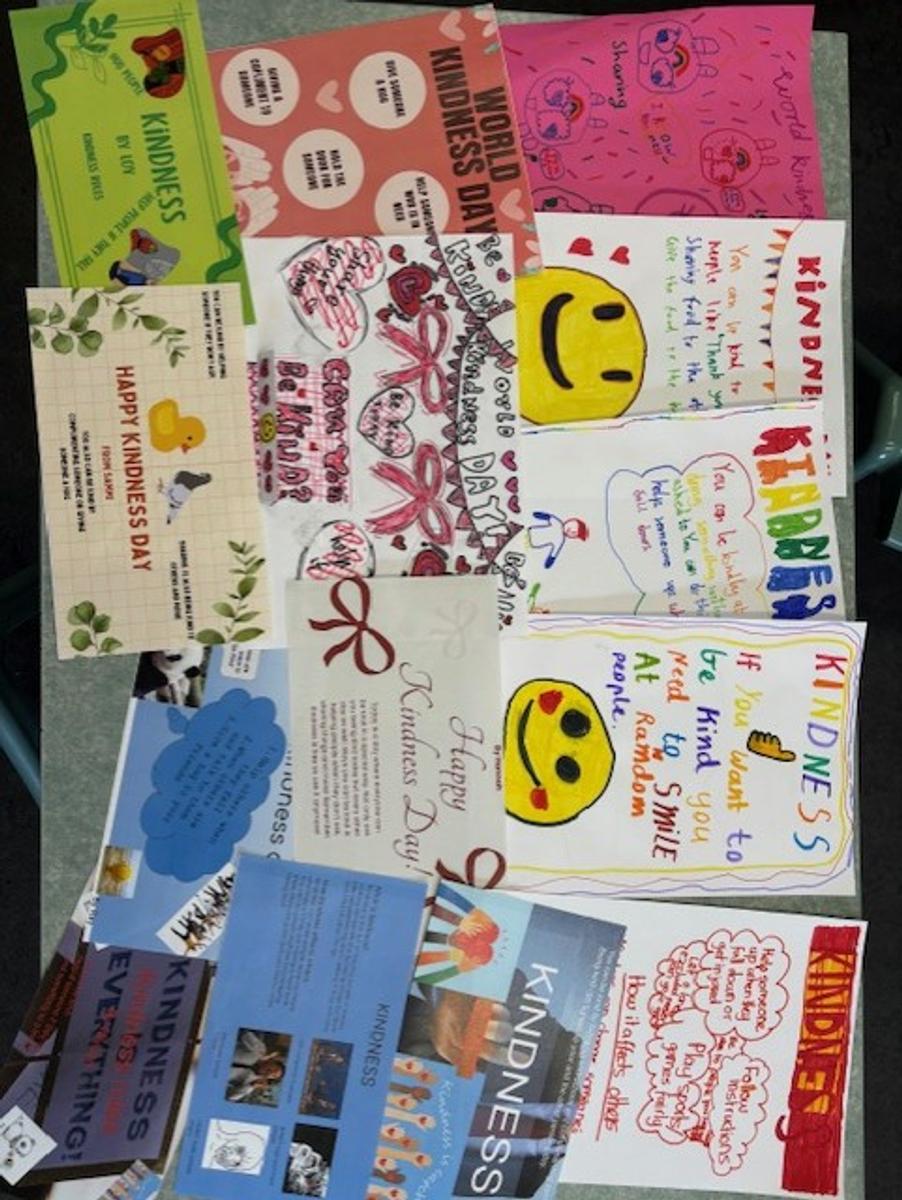
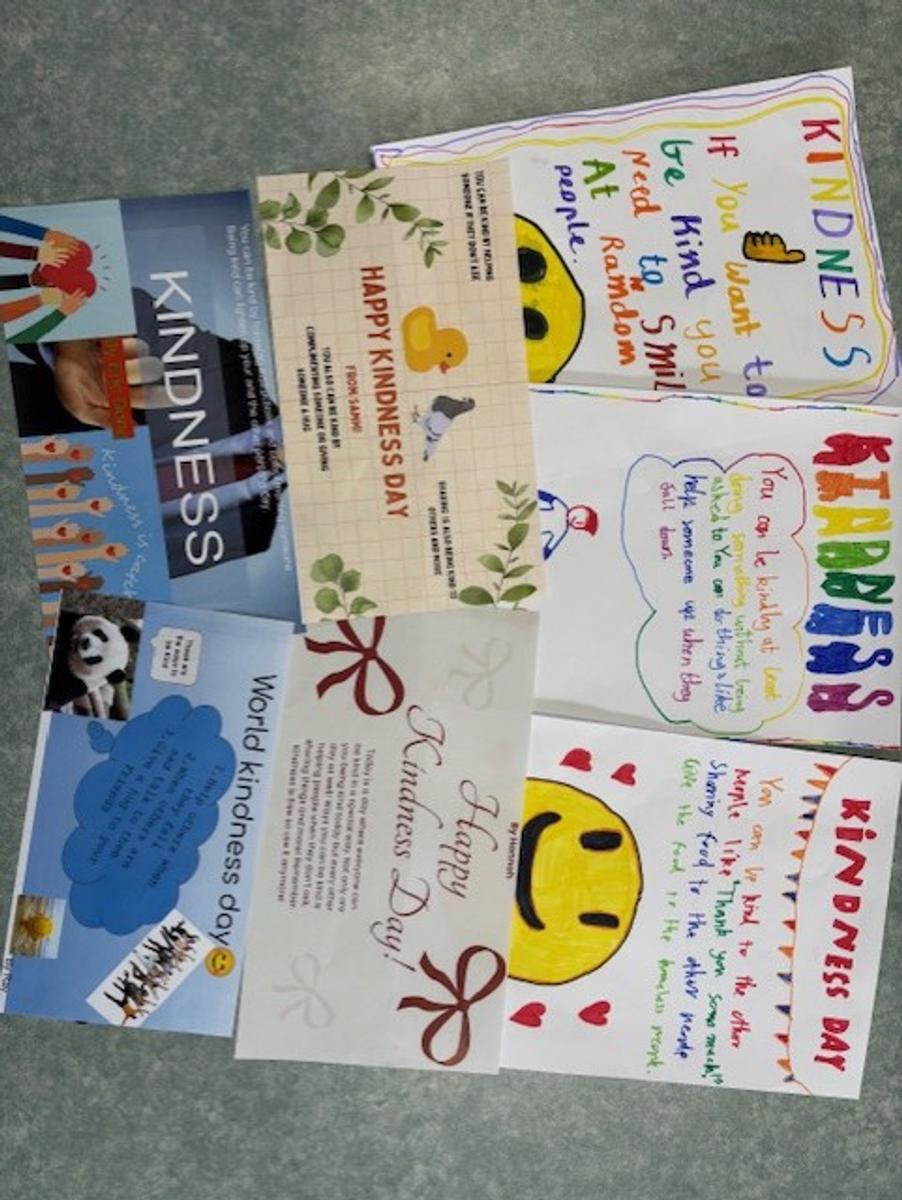
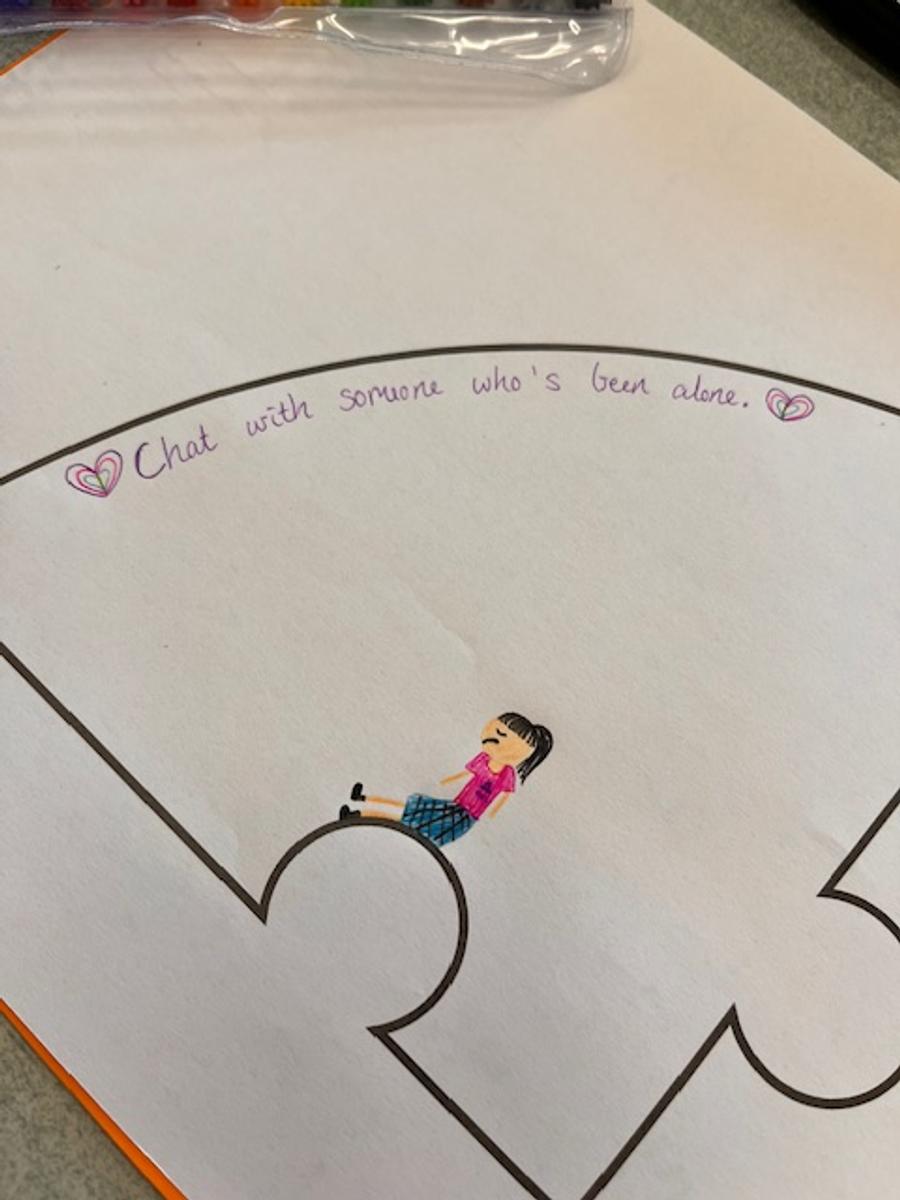
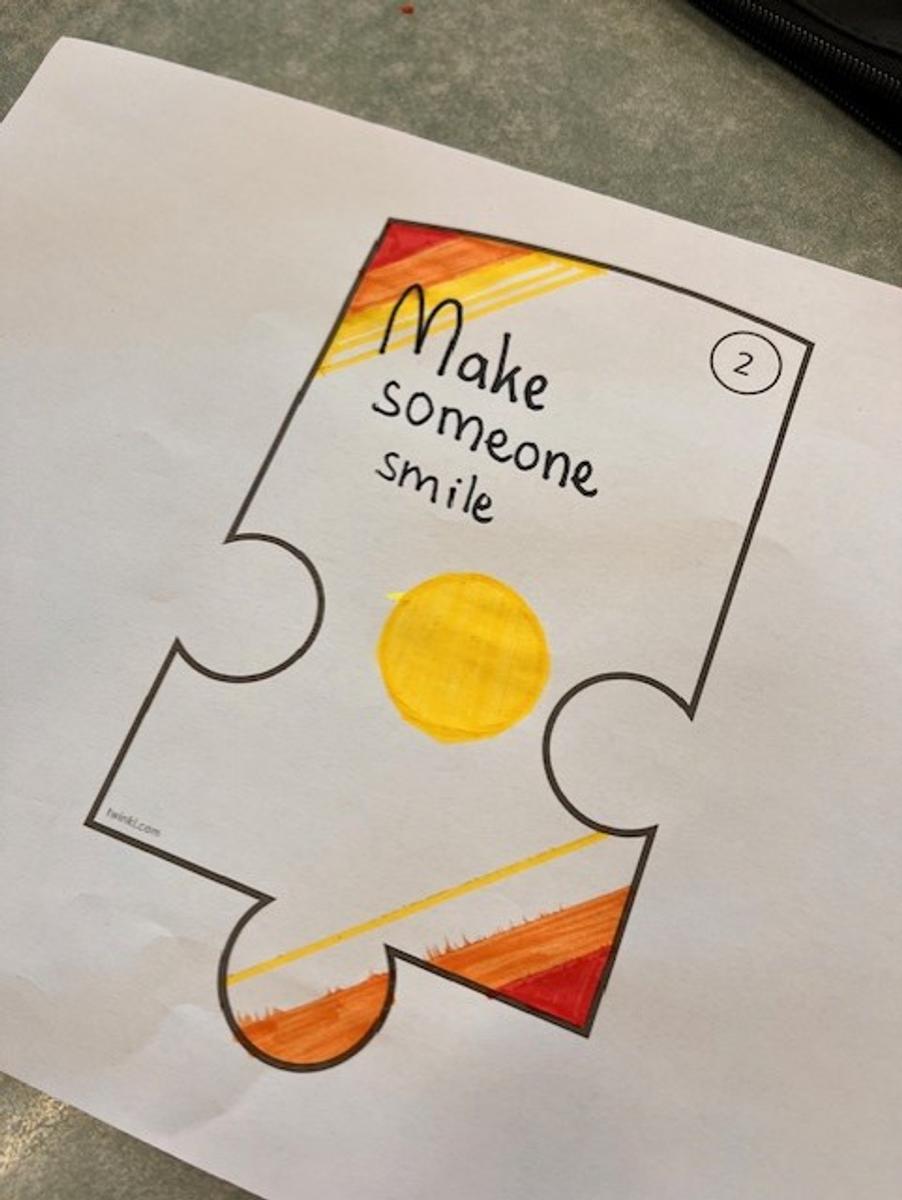
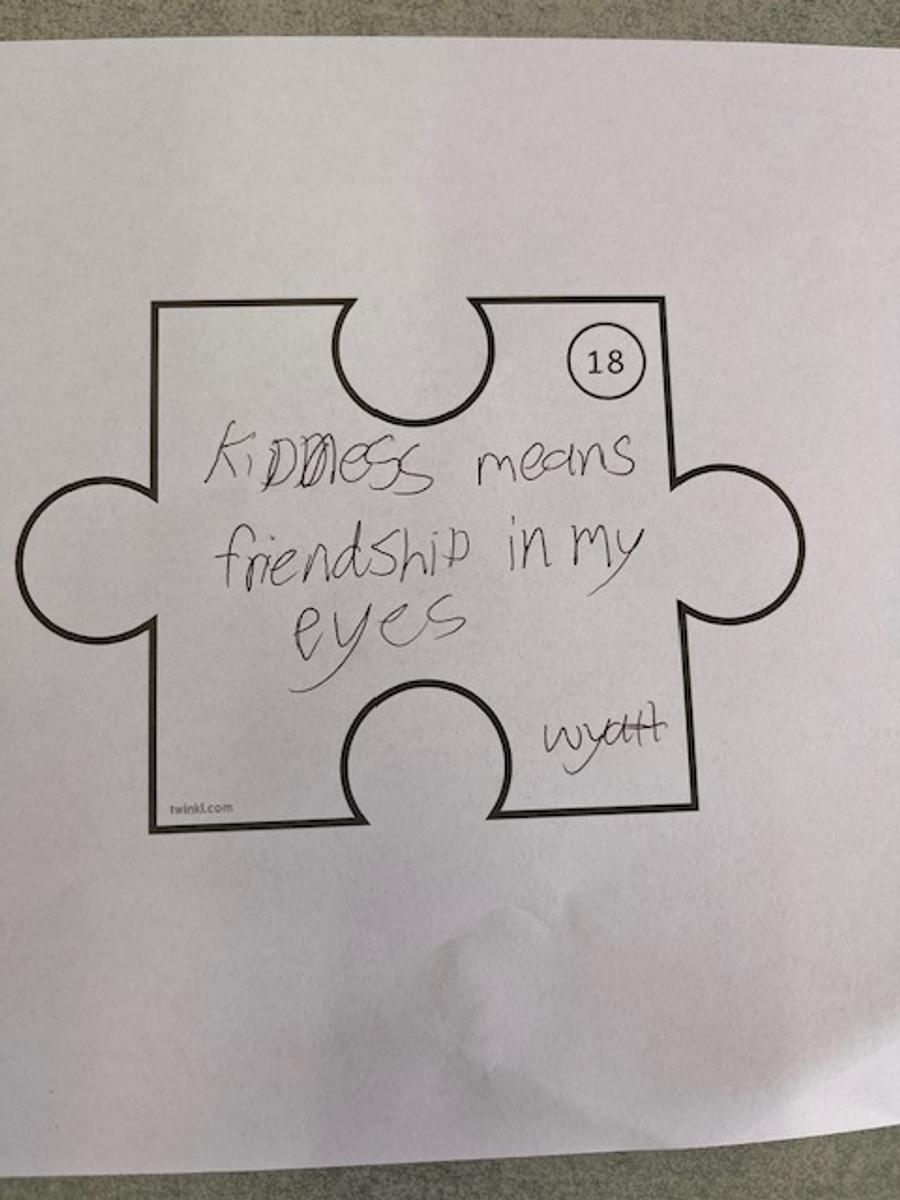





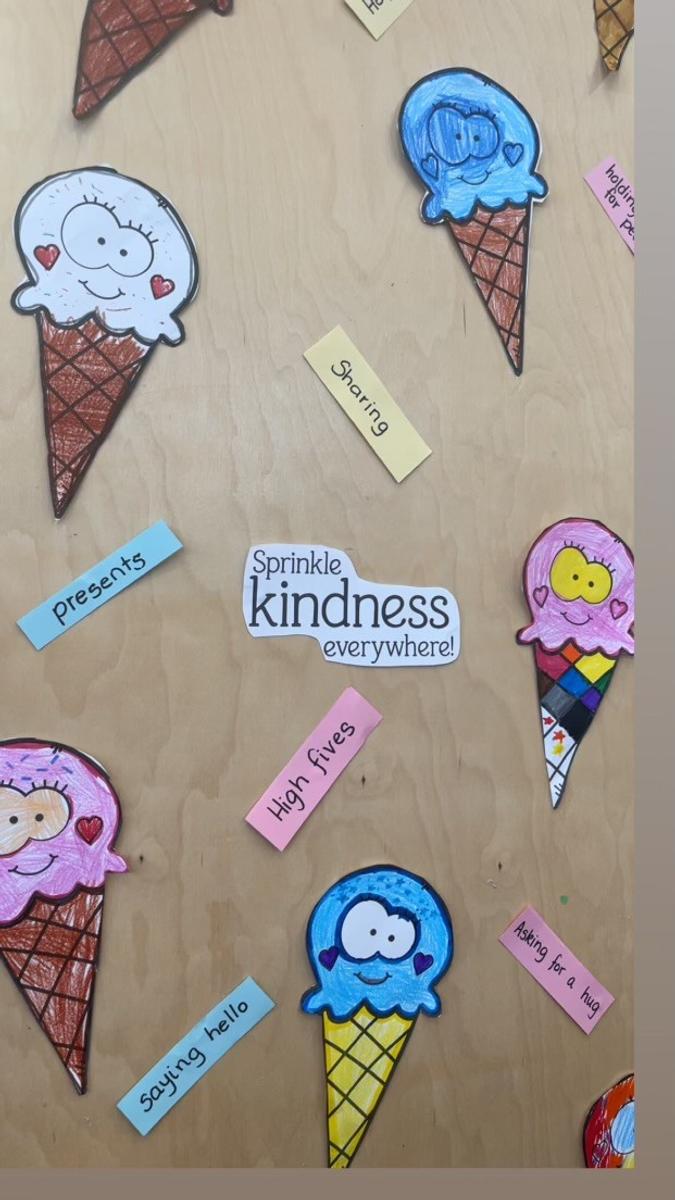
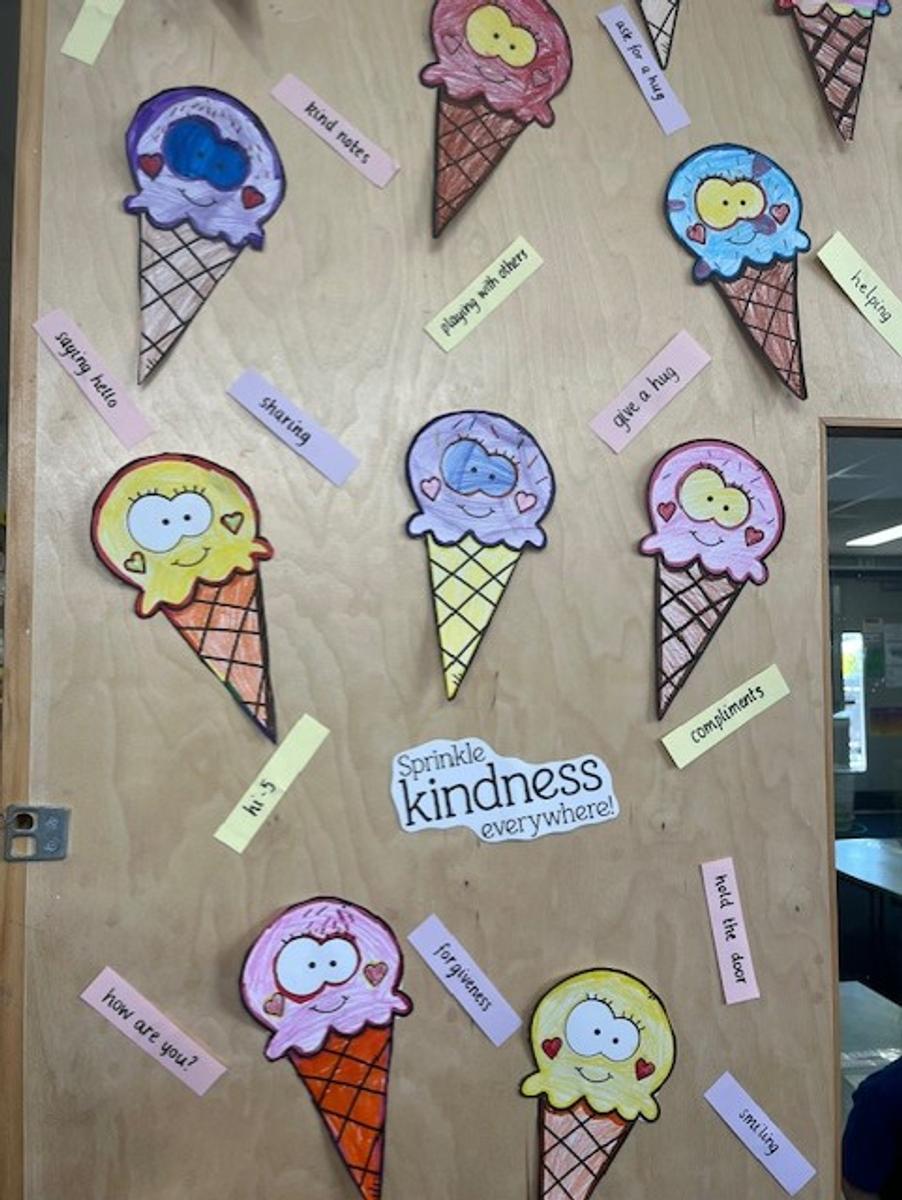
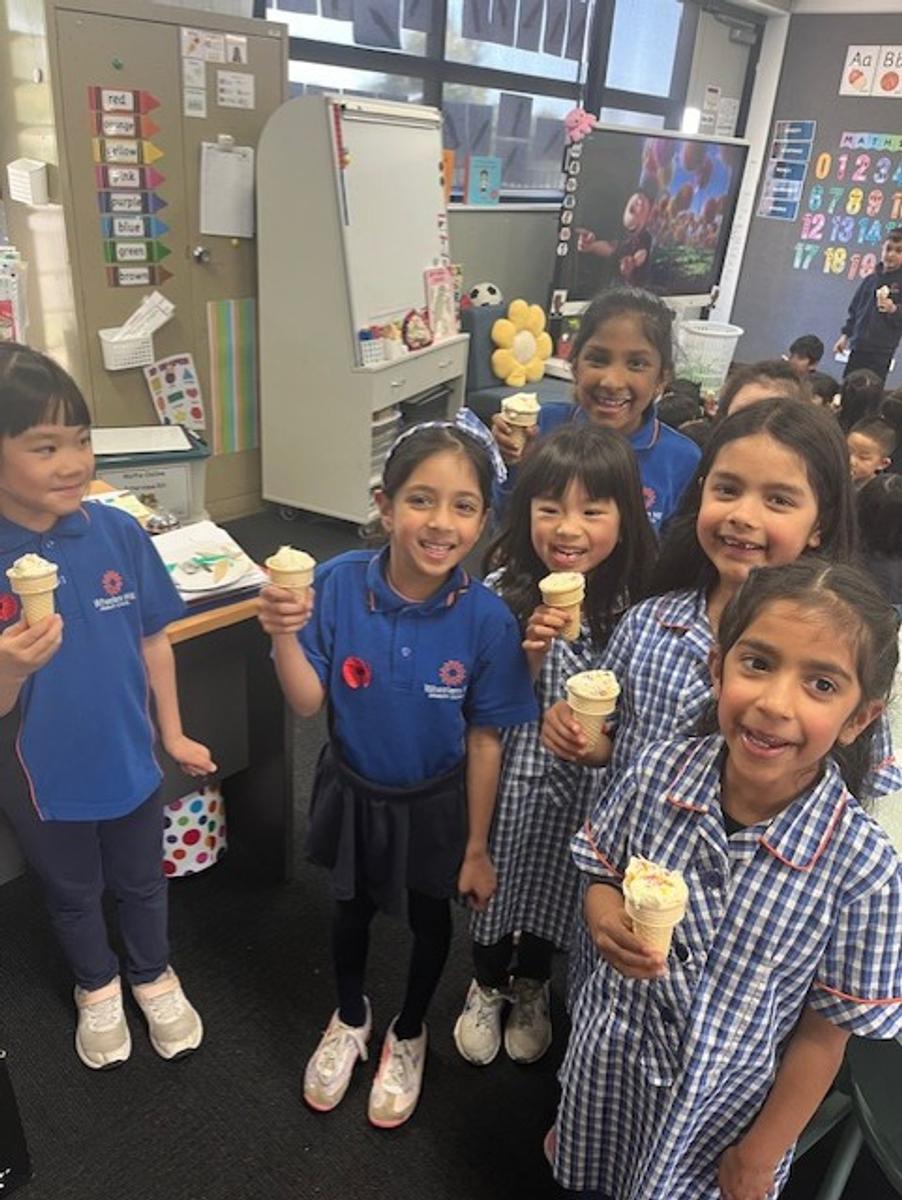
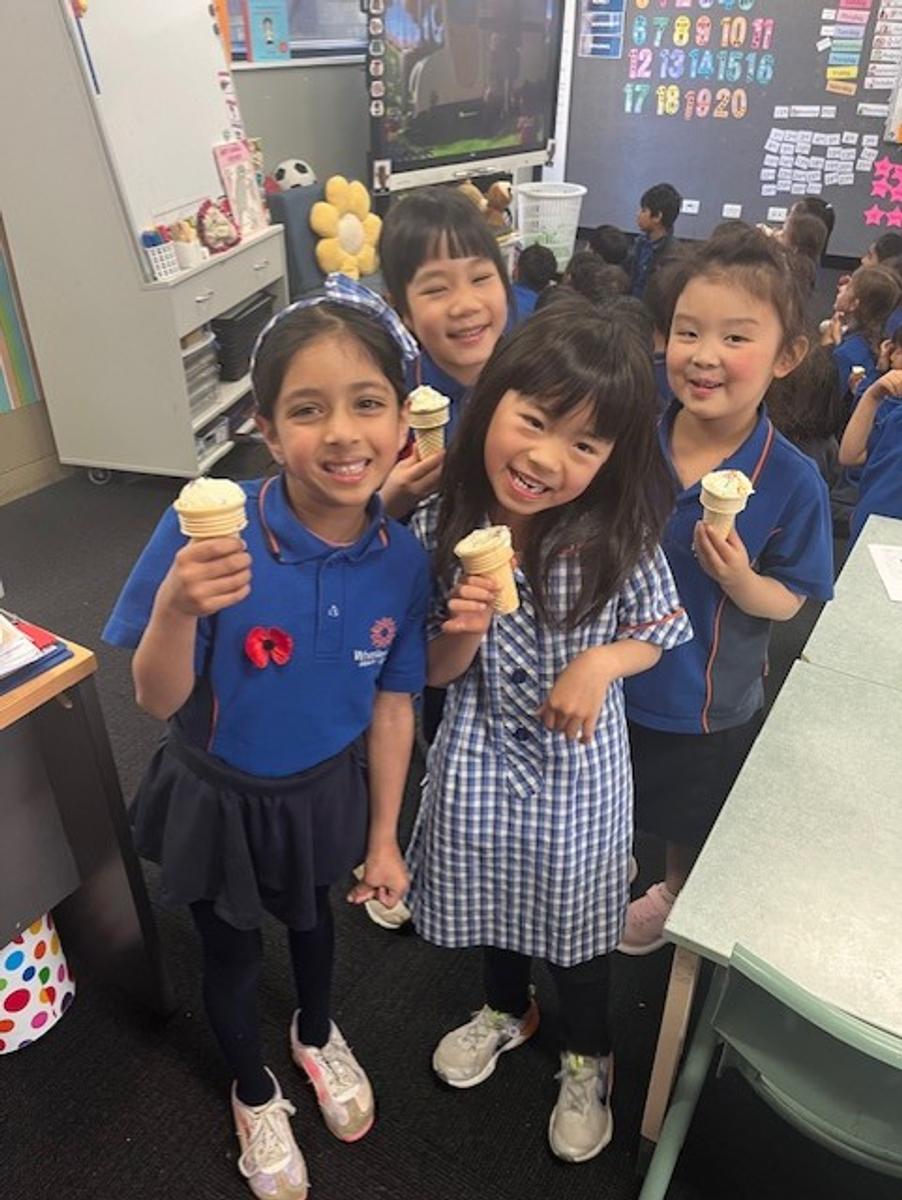
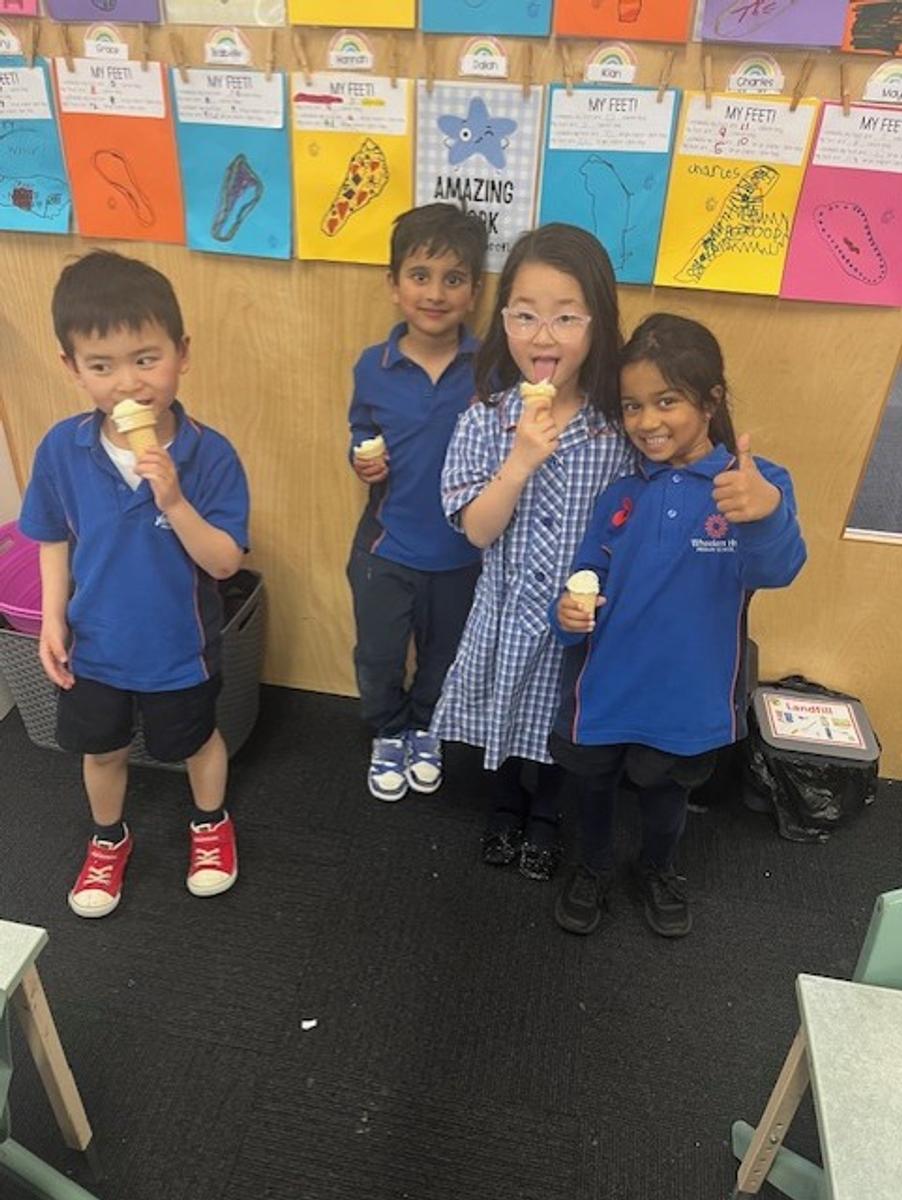
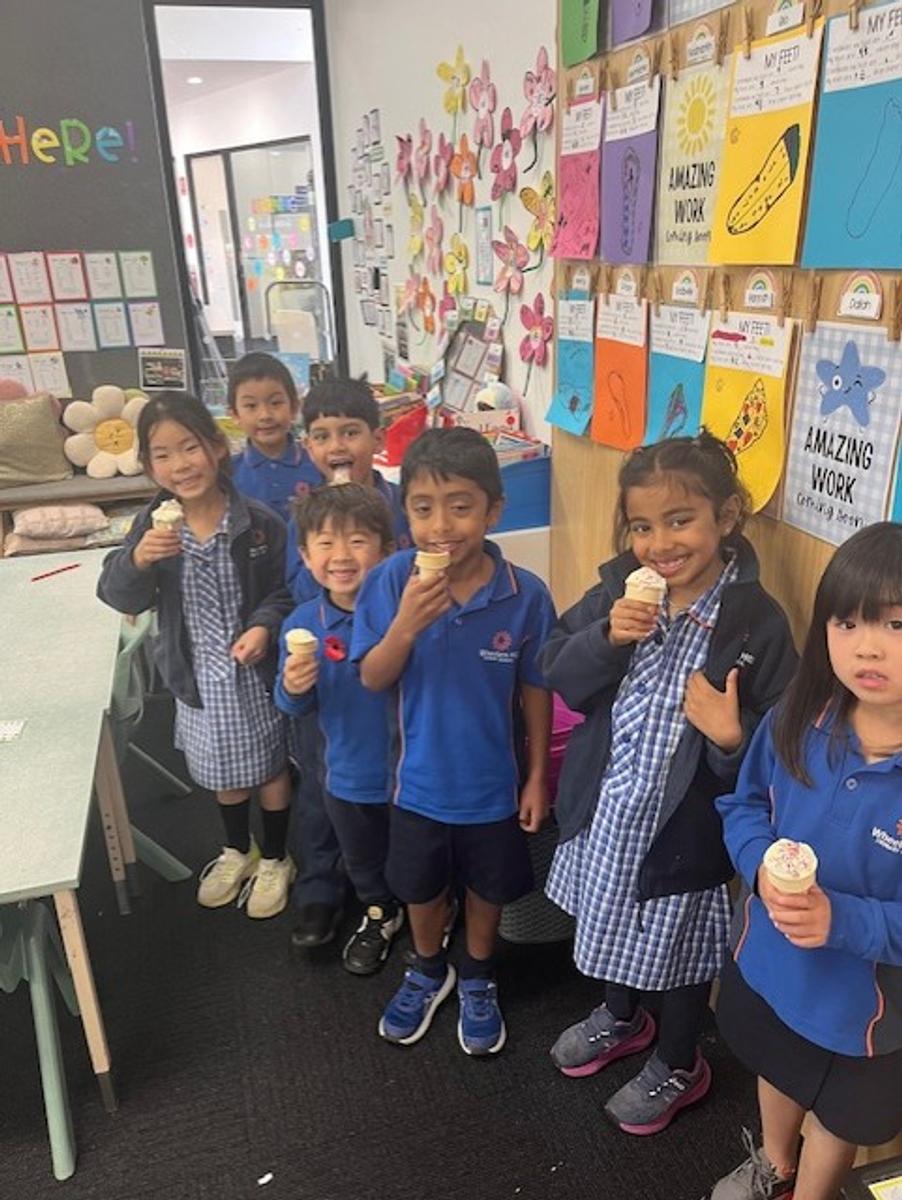






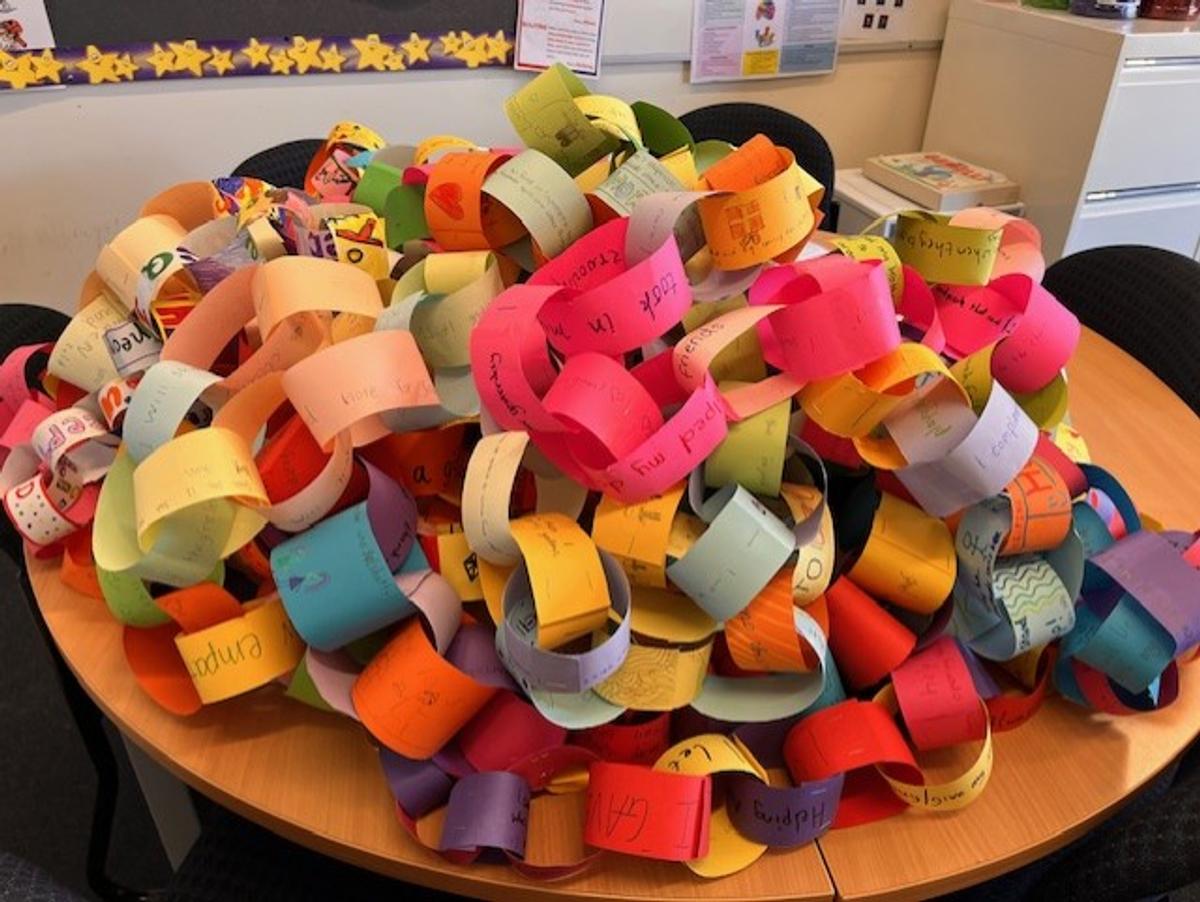
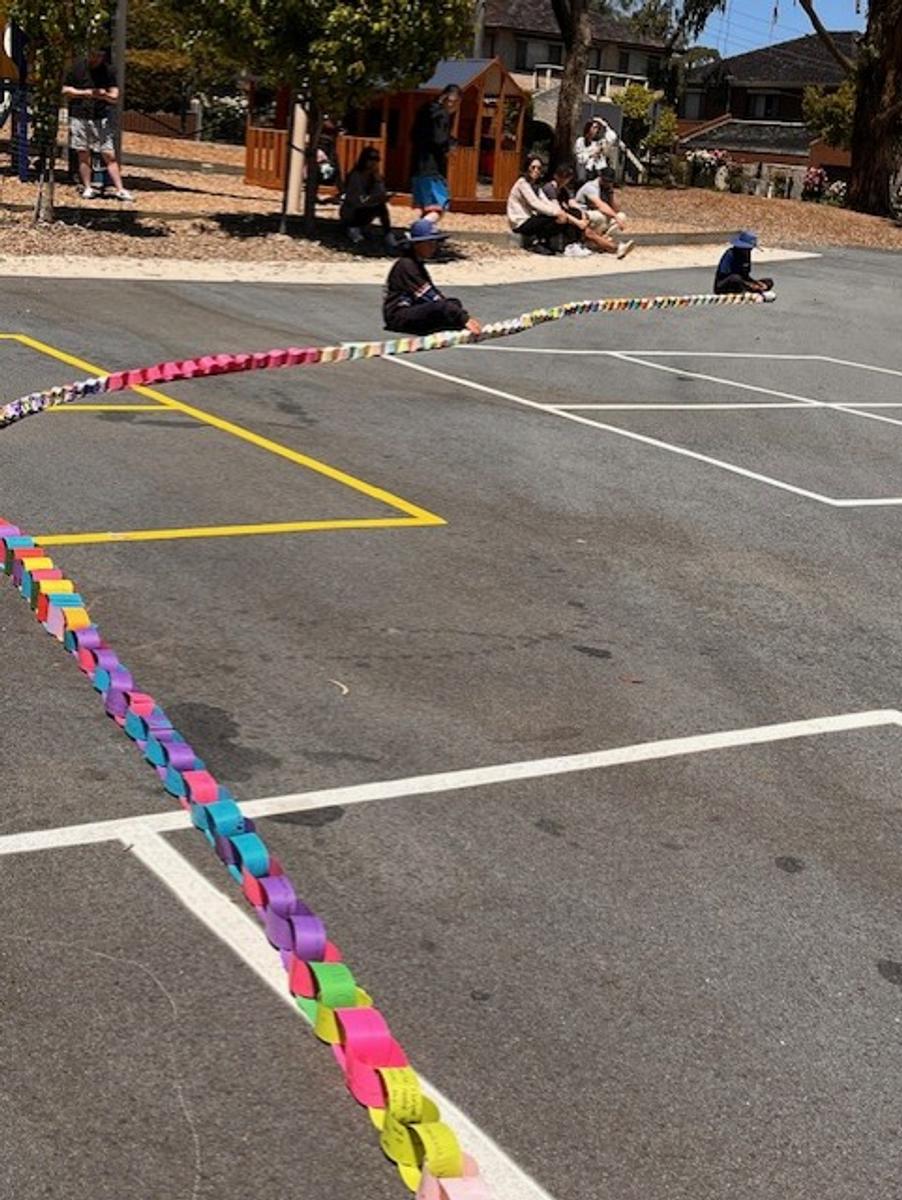
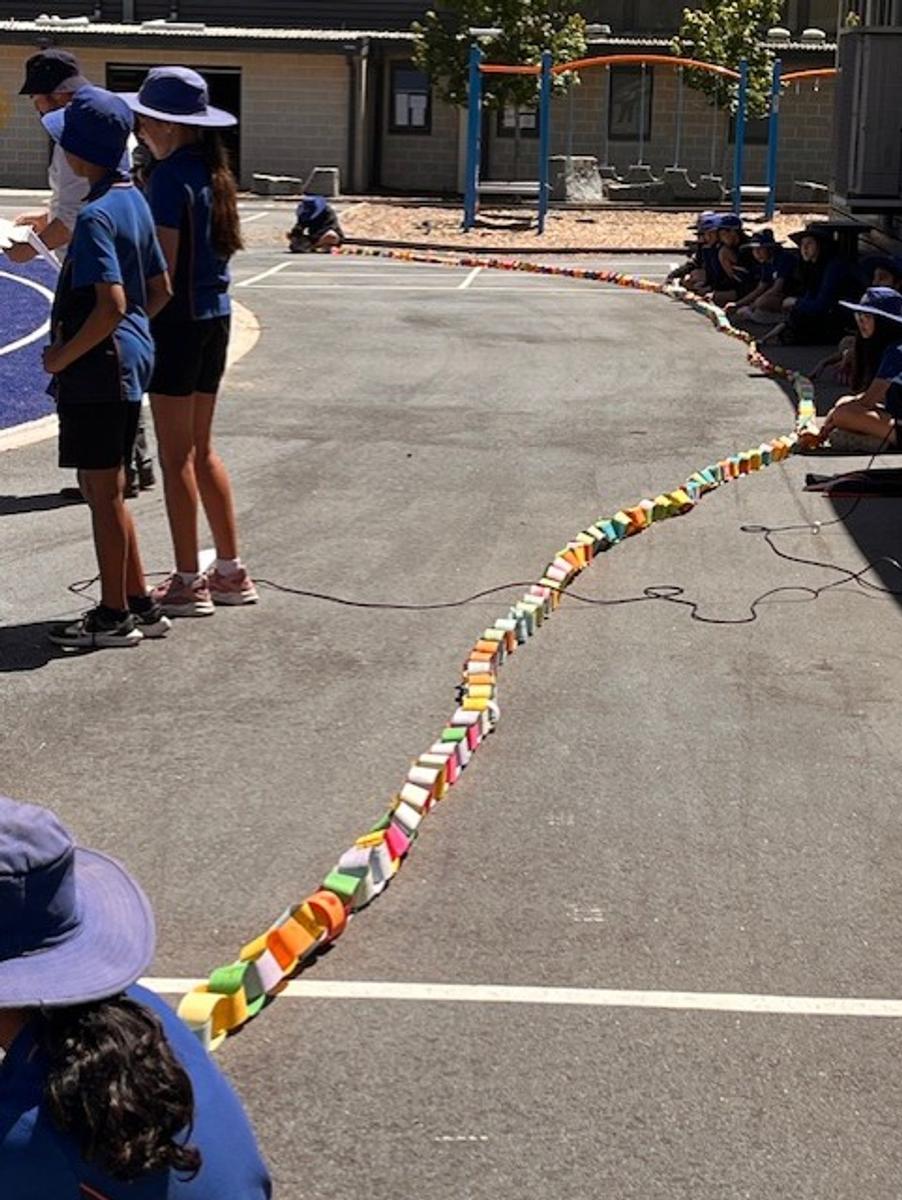



The annual Scholastic Book Fair is currently on in the library and will be here until Wednesday, 19th November.
Every book purchased from Book Fair earns rewards for our school, which allows us to continue updating our library collections and add some of the student requested books.
This is a great chance to purchase some books in preparation for Christmas and end of year gifts.
Book Fair will be open from 8:30am - 8:50am and 3:30pm - 4:00pm every day until 19th November.
Thank you to Miss Mason and Lamia for organising another highly successful Book Fair.
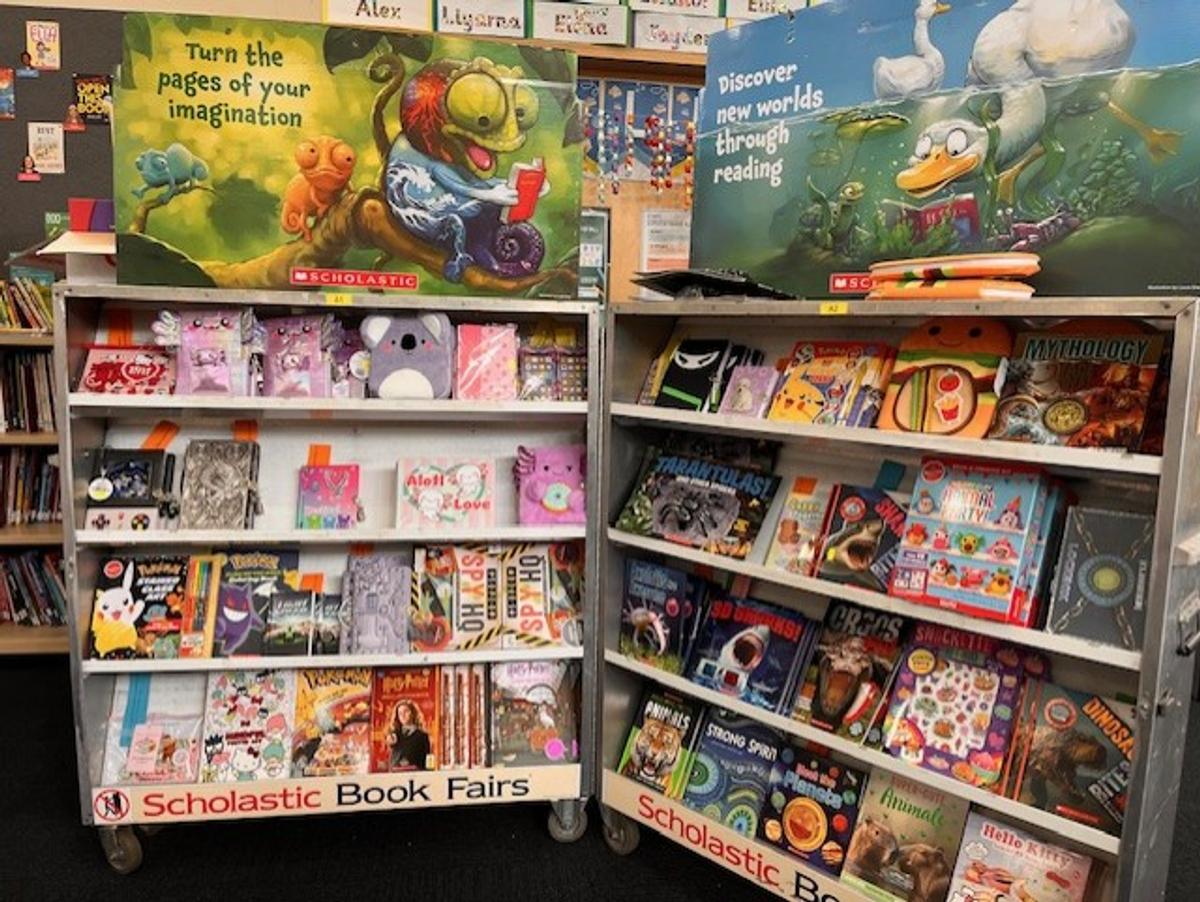
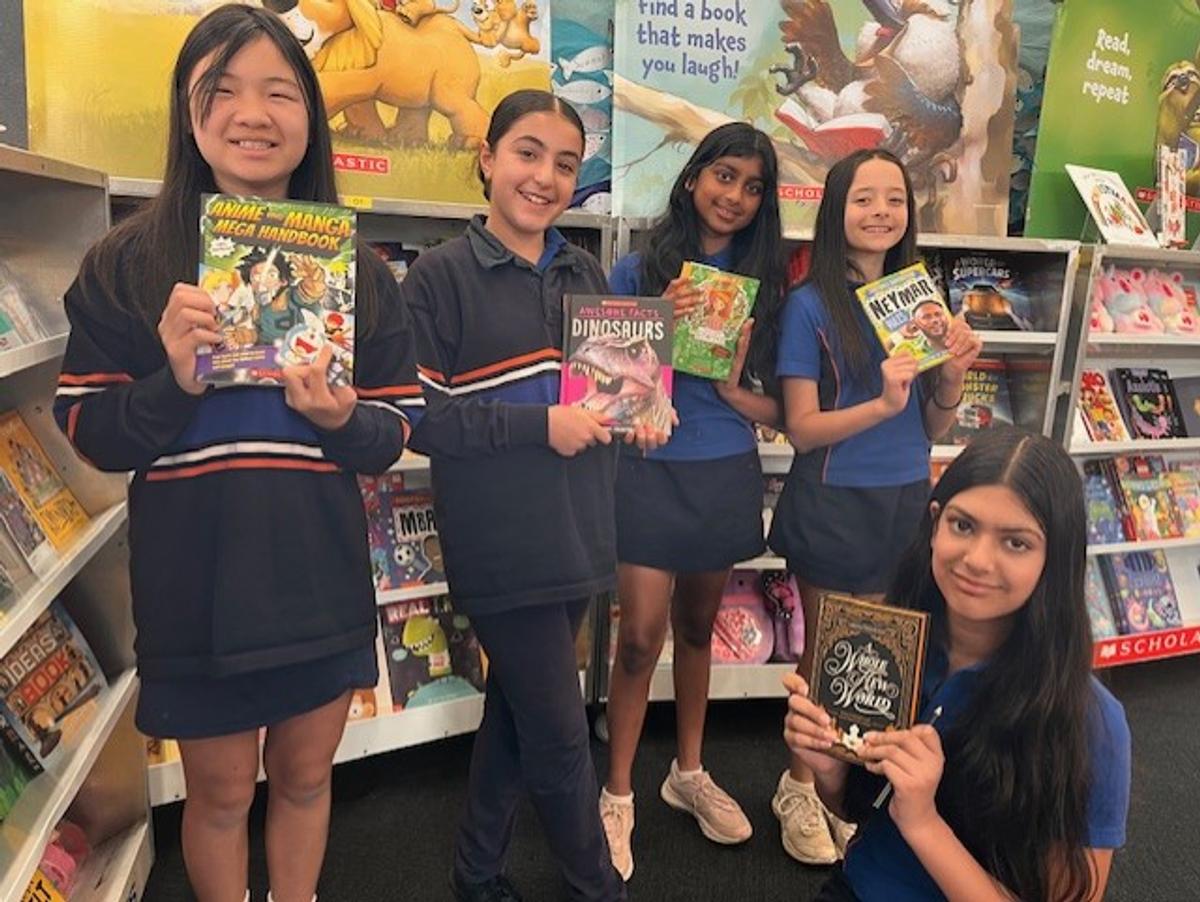
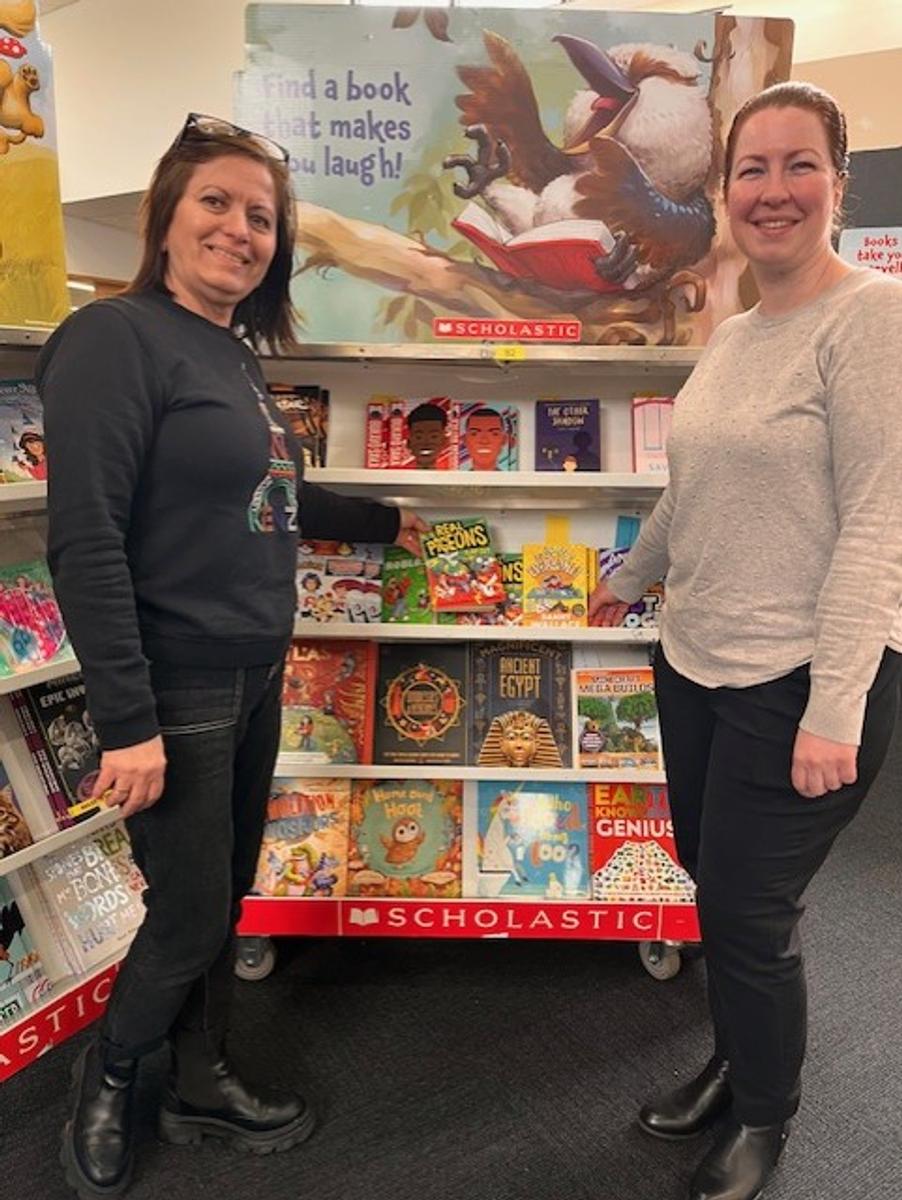
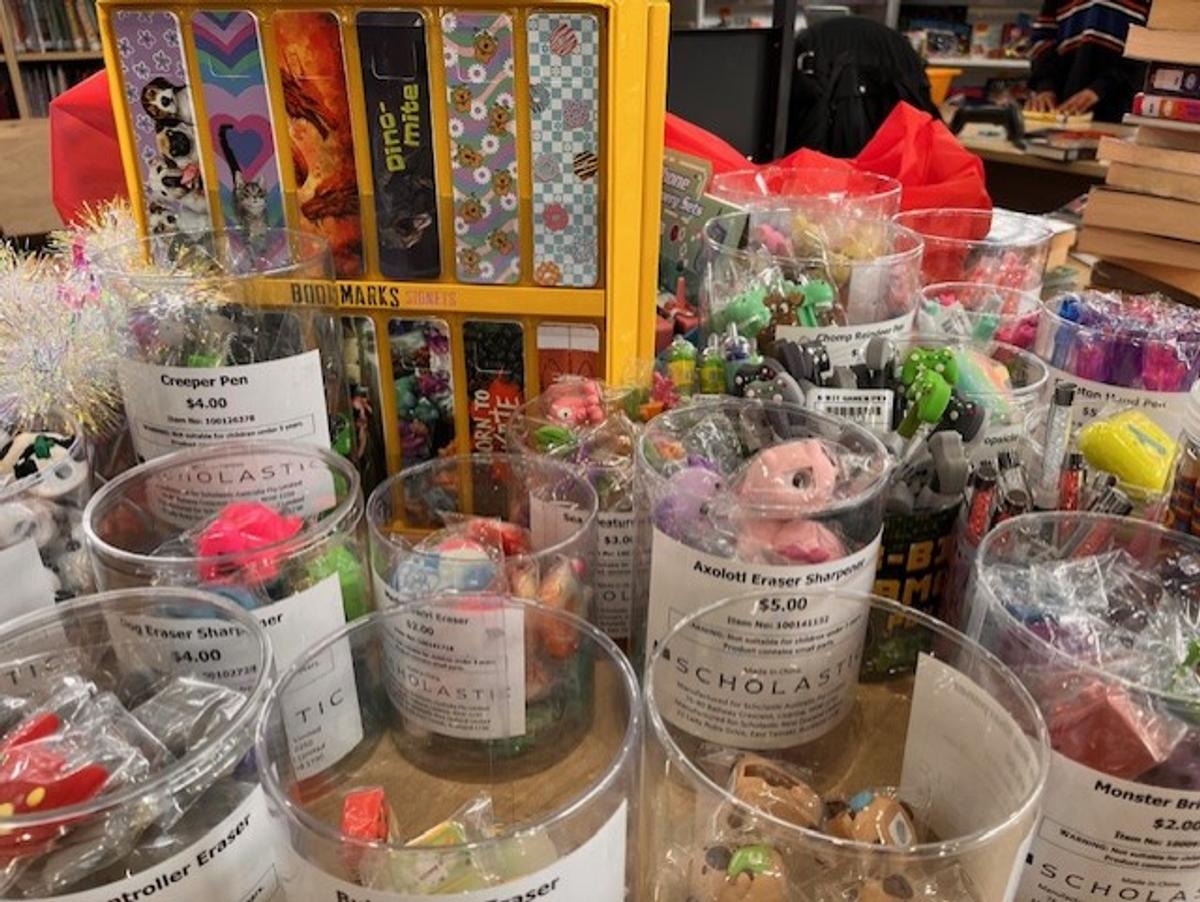




Katrina Spicer
Assistant Principal for Wellbeing and Inclusion
katrina.spicer@education.vic.gov.au
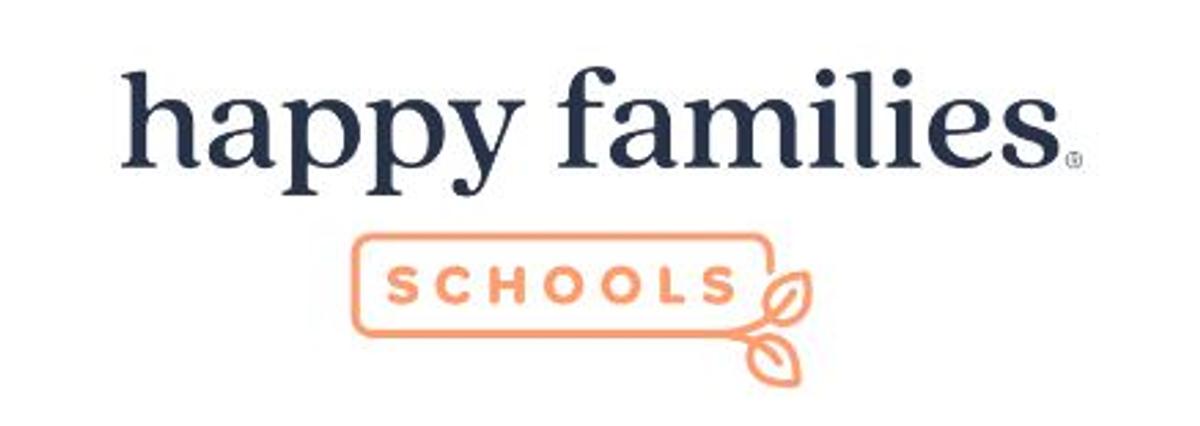

By Dr Justin Coulson
From December 10 this year, Australia will lead the world in a major change to online safety. New legislation will restrict children under the age of 16 from creating or maintaining social media accounts - including popular platforms like Instagram, TikTok, Snapchat, YouTube, Facebook and X (formally Twitter). (Other platforms such as Roblox and Discord have not been identified as "in" or "out" at time of publication.)
It's a huge - and positive - step. And for many families, it will mean big changes to how kids connect, communicate, and spend their time online.
Why the Change?
The decision comes after years of accumulating evidence giving more and more indications that social media - while fun, engaging and sometimes even educational - can also be deeply dangerous for children and teens. These platforms are deliberately designed to capture attention, keep users scrolling, and reward comparison. They elevate extremism and outrage. They expose children to violent and explicit content, cyberbullying, unrealistic ideals, and a steady stream of social pressure that can erode wellbeing.
As Australia's eSafety Commissioner Julie Inman Grant explained when she joined me on the Happy Families podcast, "Parents shouldn't have to fight billion-dollar companies to keep their kids safe online - the responsibility belongs with the platforms."
How it Works
That's what this law does. It shifts the onus off parents and onto tech companies, requiring them to take "reasonable steps" to stop under-16's from having accounts or being algorithmically targeted. This means parents won't face penalties. The responsibility - and the fines, which can reach nearly $50 million - will fall to social media companies that fail to comply.
To be compliant (and keep under 16s off the various platforms), big tech companies who are on the "banned" list will use a combination of age assurance tools - think AI-based content analysis, behavioural signals, and layered safety checks. Regular identification can be used, but if people are uncomfortable with that, the platforms will supply other methodologies for age verification.
Messaging apps like WhatsApp or Facebook Messenger won't be affected, but it's likely that some online games and creative platforms (such as Roblox) could fall under review as rules evolve.
The law won't solve every problem. Kids will still find ways to connect, and not every unsafe corner of the internet will disappear. But this new baseline gives parents a powerful ally - and a clear message that childhood deserves protection.
What Parents Can Do
The next few weeks are a chance to help your children make a healthy digital transition. Here are seven simple, practical steps to start now:
Perhaps most importantly, create community. Build relationships. Find ways to encourage your children and their friends to be able to connect, communicate, and enjoy a play-based, rather than a screen-based, childhood. This takes effort on our part. But the effort is worth it.
Get to know your child's friend's parents. Arrange for phone number swaps. Organised playdates and hangouts. Create the space your child needs to spend real-world time in real-world activities with friends and family.
Beyond the Legislation
Even with these changes, some parenting principles never change. Keep devices out of bedrooms. Set clear limits on screen time, especially before bed. Encourage real-world play, social time, and rest. And when you can, model healthy tech use yourself - that's what your kids will notice most.
As Commissioner Inman Grant put it, "We expect car makers to install airbags and seatbelts - but we still teach our kids to drive safely." The same applies online. The government can help make the internet safer, but it's still up to families to model good habits, build trust, and keep the conversation going.
If you’d like to understand the new Social Media Minimum Age legislation in detail, visit esafety.gov.au for guides, FAQs, and upcoming webinars for parents.
Let’s help our kids grow up in a world where being connected doesn’t mean being consumed.
Related Articles:
Can Someone Stop my Kids from Being on the Internet so Much?
Body & Cyber Safety: How to Pre-arm and Protect Your Children

